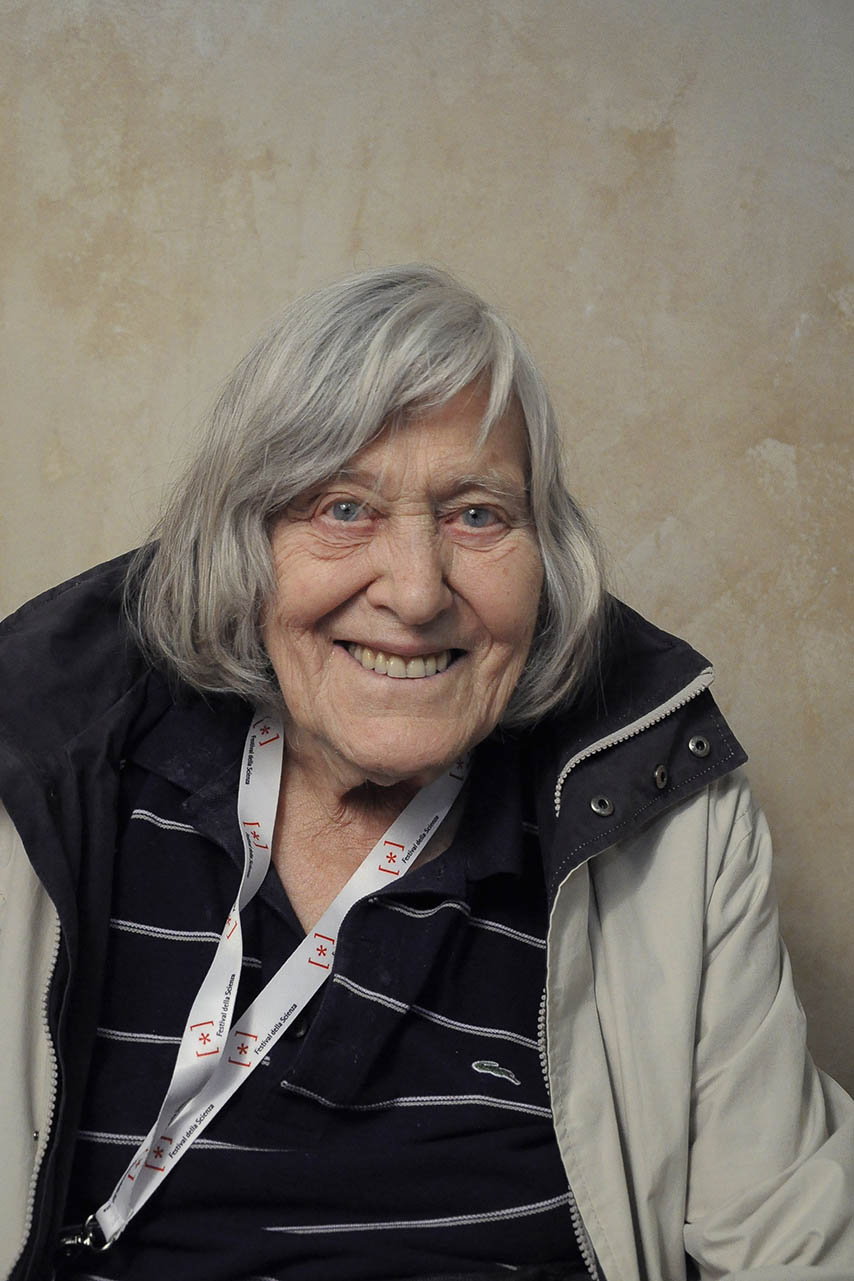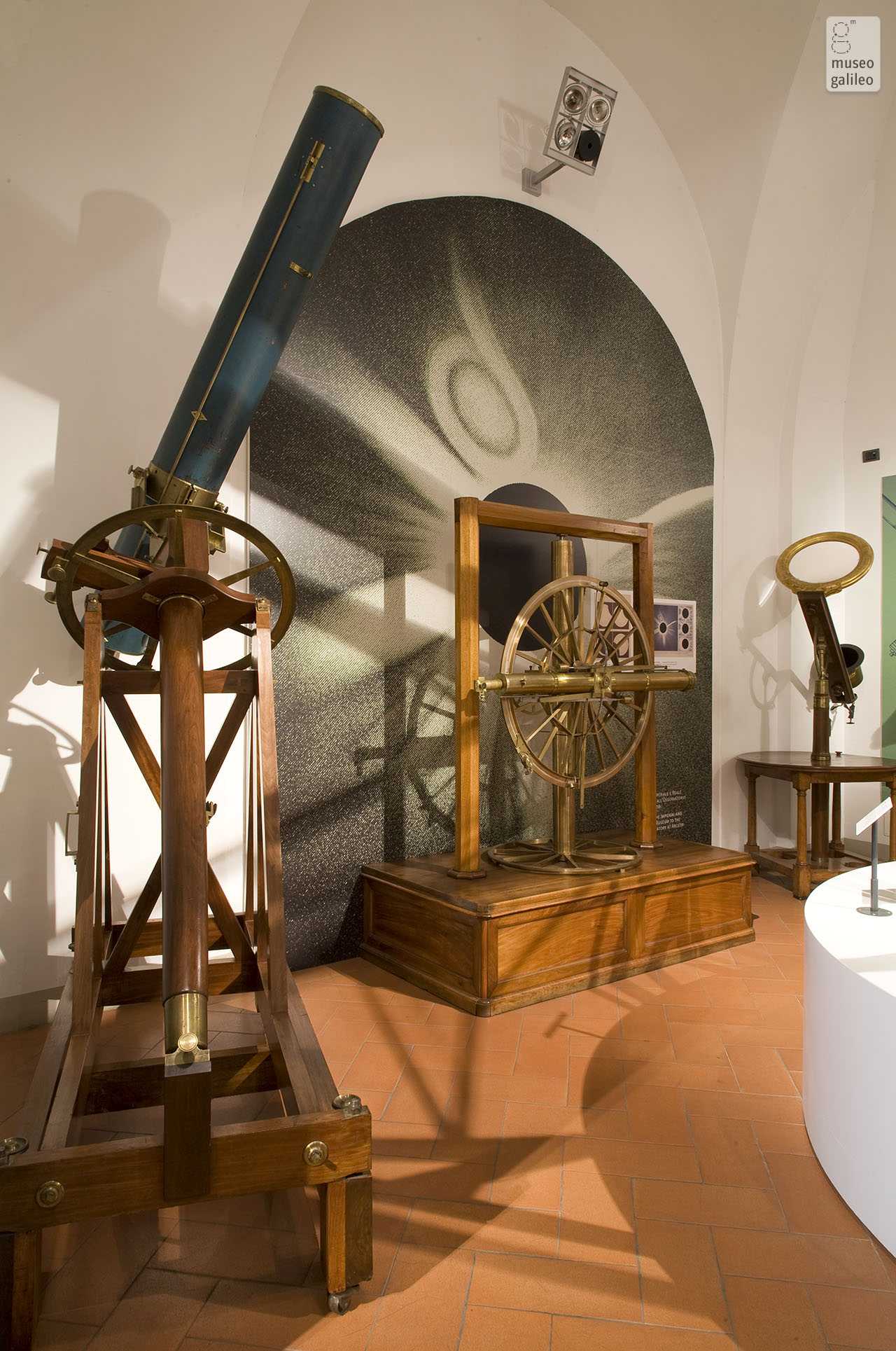Call us for more information
055 222431The Cappa


Graduated in Physics in 1945 with an astrophysics thesis on Cepheids at the Arcetri Astronomical Observatory. This was the starting point of her career in stellar spectroscopy, a field that she explored with passion and dedication.
From 1964 to 1997 she was full professor of Astronomy at the University of Trieste, becoming the first woman to direct an astronomical observatory in Italy, the Astronomical Observatory of Trieste, from 1964 to 1987. Her commitment has significantly contributed to the international reputation of the institution.
Her work led to the development of teaching and research activities which made it necessary to create the Institute of Astronomy in 1980, later replaced in 1985 by a Department of Astronomy, which she directed until to 1990.
Margherita Hackwas a member of various prestigious scientific institutions, such as the Accademia Nazionale dei Lincei, the International Astronomical Union and the Royal Astronomical Society.After her retirement in 1992, she continued to contribute to research and scientific dissemination.
She directed the Regional Interuniversity Center for Astrophysics and Cosmology in Trieste and dedicated herself to promoting knowledge of astronomy through conferences and meetings.
With over 250 scientific works published in international journals and numerous popular and academic books, Margherita Hack has left a significant mark in the field of astronomy. Among her best-known publications are “Nebulae and island-universes”, “The universe. Planets, stars and galaxies” and “Astronomy course”.
For your contribution to scientific research, you received the Giuseppe Piazzi Plaque in 1994 and the Cortina Ulisse International Prize for scientific dissemination in 1995.
Margherita Hack was also Scientific Guarantor of CICAP and member of the presidential committee of the Union of Rationalist Atheists and Agnostics. Together with Corrado Lamberti, you directed the scientific popularization magazine “Le Stelle”.